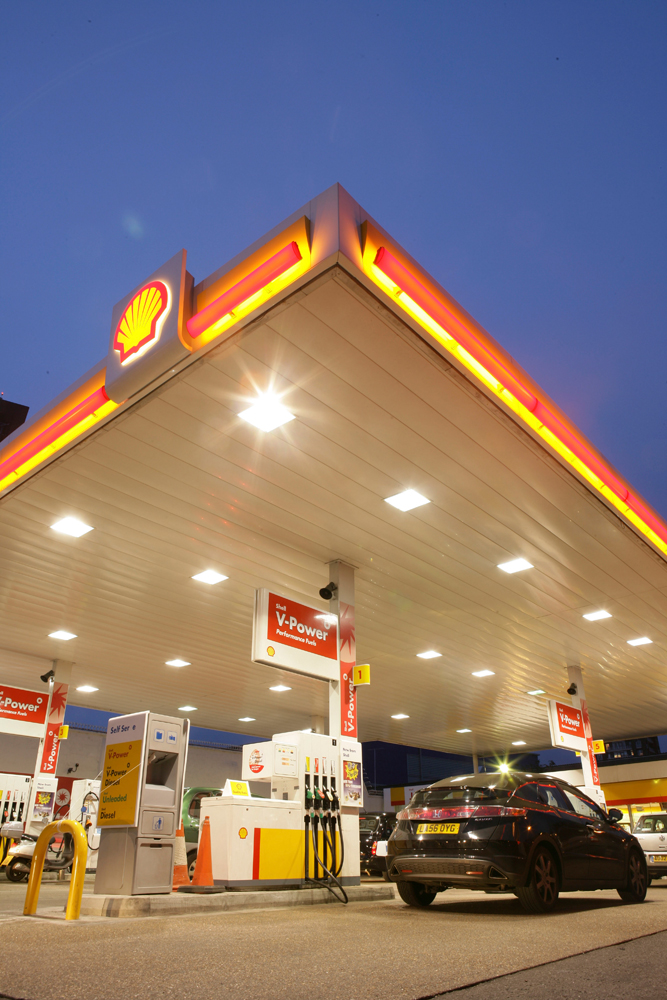Investing
Wednesday newspaper round-up: Iran, Italy, global economy

Shell’s chief says tapping Iran’s oil and gas is vital for demand; Berlusconi faces revolt over Italy confidence vote; global growth still too weak, says IMF head.
Peter Voser, chief executive of Royal Dutch Shell, and Christophe de Margerie, his counterpart at France’s Total, used the Oil & Money conference in London on Tuesday to highlight the potential energy windfall if sanctions preventing international oil companies from dealing with Tehran were lifted. “Longer term, Iran’s oil and gas resources will have to be developed to meet demand,” Voser said. He was echoed by de Margerie, who said that he hoped doing business with Iran would again be permitted “as soon as possible, not just for Total but for the world and for Iran. Any country cannot stay out of the system,” The Daily Telegraph reports.
Silvio Berlusconi is facing a growing revolt from his centre-right party over his attempts to bring down Enrico Letta’s coalition government, sending Italian stocks soaring on expectations that the Prime Minister would survive a vote of confidence expected in parliament on Wednesday. Angelino Alfano, the secretary of Berlusconi’s People of Liberty (PDL) who has emerged as the leading voice of centre-right “moderates”, declared after meeting Letta on Tuesday that he remained convinced that the entire party should vote to support the centre-left prime minister, the Financial Times writes.
Threats to the global economy from the financial crisis have been defused but not eradicated, while the real economy continues to suffer despite a broad improvement in markets, the head of the International Monetary Fund (IMF) has said. “Global growth is still too weak and too uneven, and the outlook is clouded with risks, old and new,” Christine Lagarde said in the IMF’s annual report. “In far too many countries, improvements in financial markets have not translated into improvements in the lives of people,” The Daily Telegraph says.
The controversial high-speed rail link HS2 is likely to boost the British economy by “at least 25% more” than the £15bn official estimate, the Conservative Party conference was told. Bridget Rosewell, a leading economist and director of Network Rail, said the benefit costs calculated by KPMG had only accounted for current productivity being able to move more freely. She argued that the new connectivity would create economic growth that could not yet be seen, The Daily Telegraph reports.
Poundland is preparing the ground for a stock market listing as it plans to double its space in the UK to more than 1,000 stores. The private equity-owned discount chain has grown rapidly as Britain recovers from the economic downturn and it intends to expand across Europe within 18 months. Poundland has been at the forefront of the changing face of the high street, where cash-strapped shoppers have turned in droves to discount retailers, according to The Times.
New Royal Bank of Scotland (RBS) boss Ross McEwan today admitted to “trepidation” and “fear” as he started the job of returning the lender to a central role in the UK economy. The 56-year-old New Zealander pledged to repay the taxpayer’s support by doing “everything possible” to help the UK economy recover, and promised that RBS would increase lending. In a speech to staff at the company’s London offices McEwan, who previously ran RBS’ retail banking operation, also signalled a new focus on customer service which he hopes will eventually allow the group to put its 2007 collapse behind it, The Scotsman says.